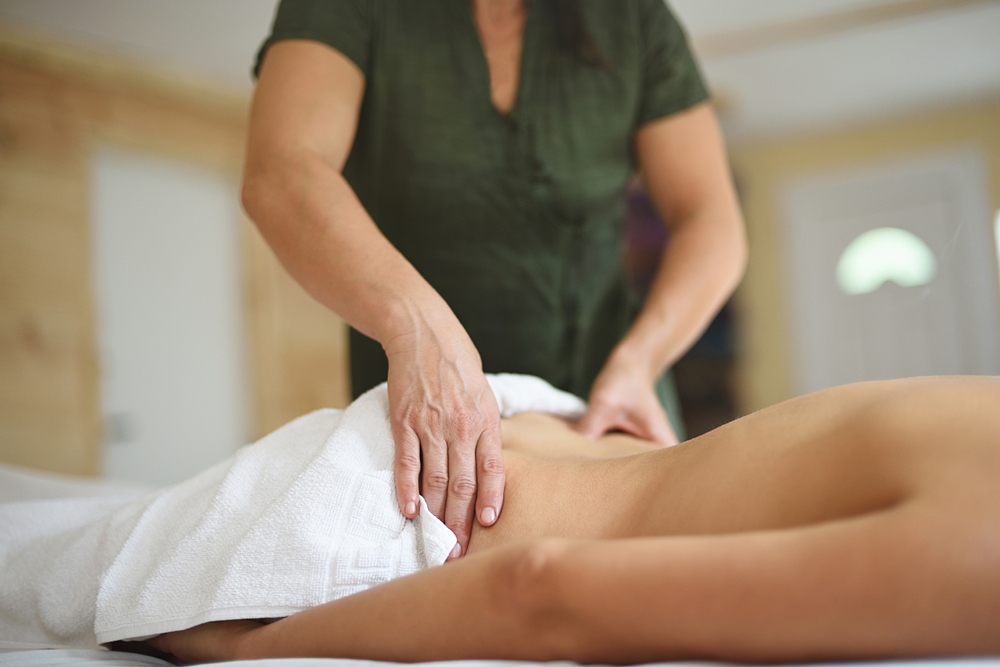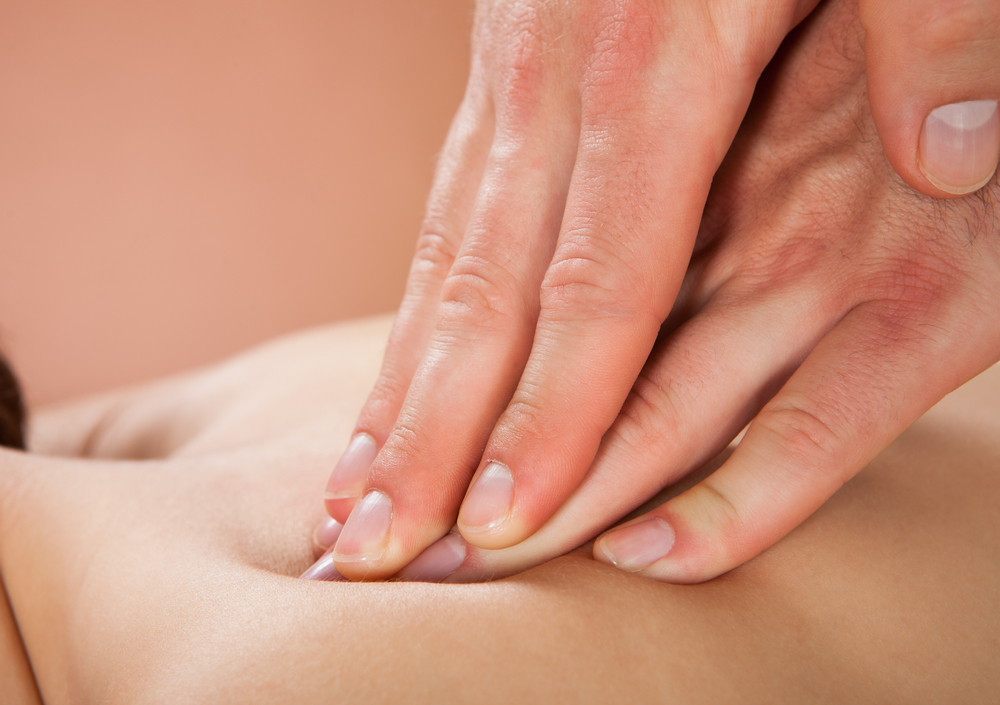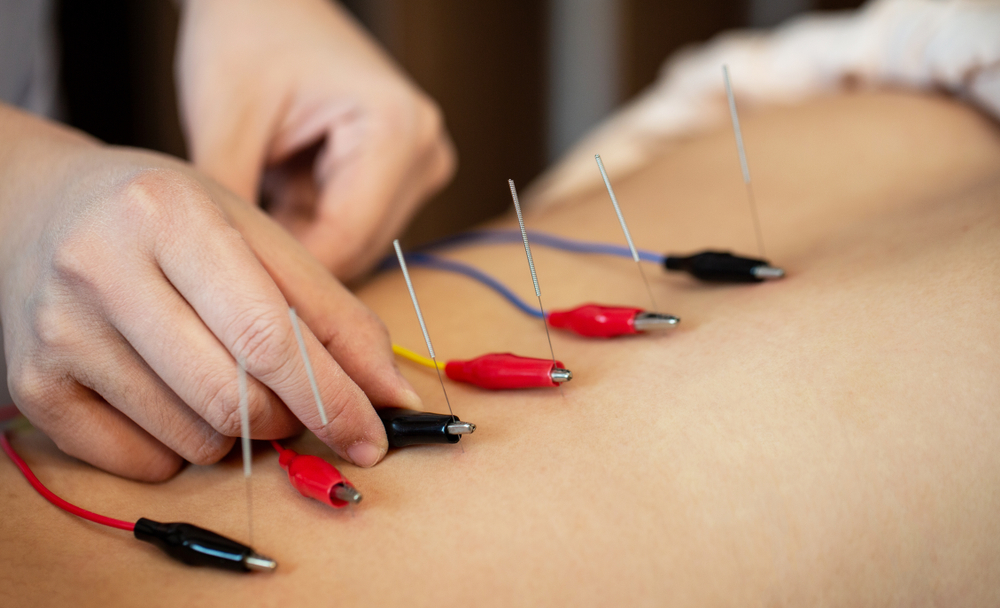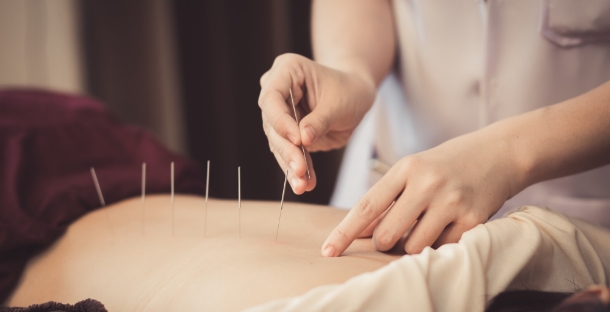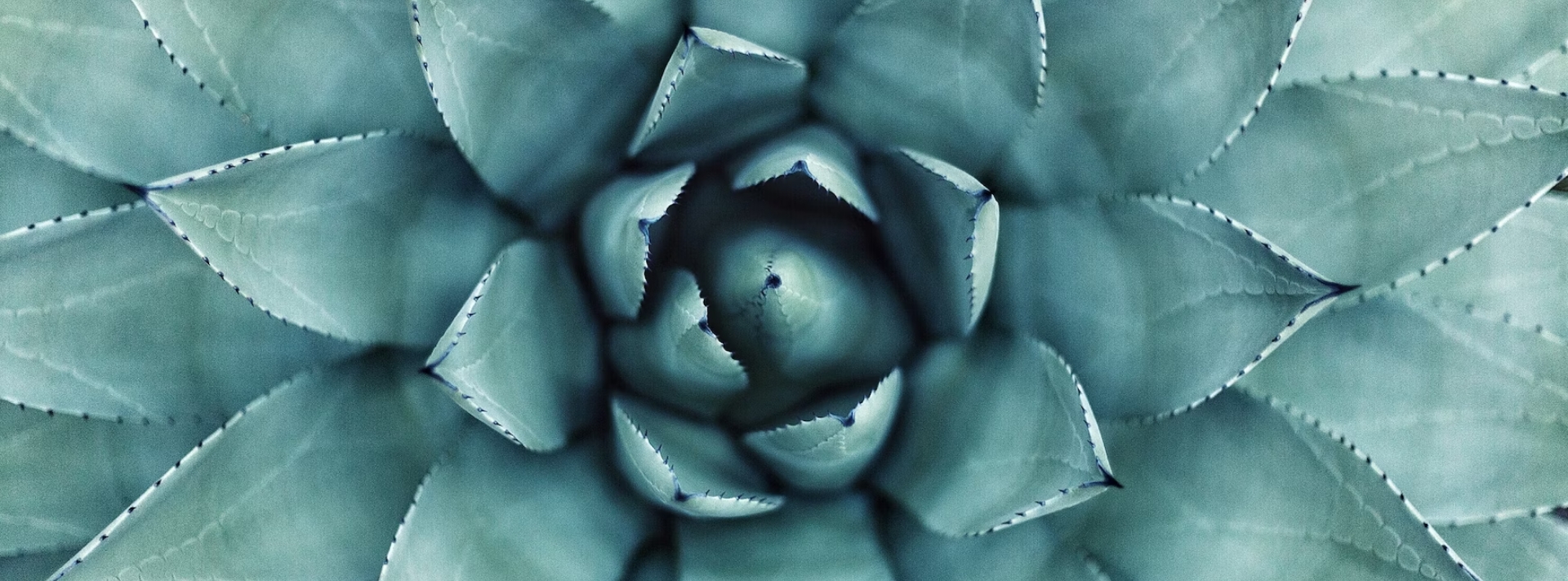
What to Expect at Your First Appointment
Are you thinking about trying acupuncture and wondering what to expect? Acupuncture is a branch of Traditional Chinese Medicine (TCM) that treats ailments by stimulating acupoints along the meridians in your body. The aim is to remove stagnation and blockages that may be impeding the flow of energy, or Qi, in order to promote your body’s natural healing processes. In more clinical terms, acupuncture stimulates your nervous system into releasing endorphins and other neuro chemicals, which reduces inflammation and stress.
A variety of conditions and symptoms can be treated with acupuncture, from seasonal allergies and chronic pain to digestive issues and even mental health conditions. Whatever your motivations may be for seeking out acupuncture, below you’ll find everything you can expect after booking your appointment: before you arrive, during intake and treatment, and the rest of the day afterward.
Before your appointment
Acupuncture doesn’t require a lot of preparation beforehand. Aside from what you wear and what you eat, simply being mindful of how you plan your day can help. While acupuncture is non-invasive, it is still a medical treatment that impacts your body in various ways. If you have the option, try not to book anything high-energy afterwards.
What to wear
Depending on what’s being treated, your acupuncturist will need to access areas on your body like your back or front torso, arms, and legs. Avoid clothing with elastic or small openings at the wrist and ankles in case your treatment involves accessing your elbows or knees and ensure there is access to your belly or back (no onesies!). You will be lying down for most of your appointment, so be aware that this could impact hair, make up, and jewelry. Think of how you look and feel after a massage to help you decide what to wear to your treatment session.
Make sure to eat
While acupuncture is a relaxing experience, your body will need fuel to sustain the energy being released and cycled throughout your body during treatment. Have a light meal of nutrient-dense foods before your appointment – avoid being uncomfortably full.
Caffeine and alcohol consumption
Right off the bat, you can’t receive acupuncture while intoxicated. This isn’t a matter of your acupuncturist’s preference, it’s prohibited. Don’t consume alcohol before your appointment. However, acupuncture will relieve symptoms of a hangover if you’ve consumed alcohol the night before, but you may be more sensitive to the insertion of the needles.
When it comes to caffeine, avoid consuming excessive amounts so you’re better able to sit still during your appointment and won’t need to use the washroom during the resting stage of your treatment.
During your appointment
Your first appointment will last for about an hour and fifteen minutes, whereas follow-ups are about an hour. The extra time for the first one is for the intake process. Your acupuncture treatment will be personalized to fit your needs, and everyone has a unique response. What you see below are guidelines.
Intake
First thing, your acupuncturist will ask about your chief complaint in detail, asking for specifics about your symptoms and how long you’ve been experiencing them. Even though this may not be the only condition treated, it’s important for them to understand what initially brought you to acupuncture. They will also ask you questions about your overall health and medical history. Some of these questions may seem irrelevant to the specific reason you’re seeking acupuncture treatment, but Traditional Chinese Medicine (TCM) approaches healing differently than what you may be used to.
TCM takes a whole-body approach to treating medical conditions rather than treating symptoms in isolation. To get a clear picture of your health, your acupuncturist will want to know about your entire body, not just the parts that are causing you trouble. This will often mean treating other parts of you that are not directly experiencing symptoms.
You’ll also be asked to describe how you’ve been sleeping, your digestion, any other pain you’ve been experiencing, and if applicable your menstrual cycle.
Finally, your acupuncturist will take your pulse at three different points on your wrist that correspond to different systems in your body, as well as examine your tongue. This information gives your acupuncturist insight into the status of your body, much like how a nurse might check your blood pressure, oxygenation levels, and temperature during a checkup.
Collecting all this information informs where they will place the needles and why.
Getting situated
Once your needs have been assessed, it’s time to prepare for your treatment. Your acupuncturist will walk you through which areas of your body they’ll be treating, and where they’ll need access. Additionally, they’ll let you know if you’ll need to lie face up or face down on the table. Just like a massage, you’ll then be given a few minutes of privacy to remove or adjust any clothing as necessary, and to lie down.
In most cases, you won’t be asked to fully undress. In the instances where you may need to remove both your shirt and pants, your acupuncturist will use sheets to ensure you are comfortably and appropriately covered.
Beginning the treatment
Once you’re situated, the acupuncturist will sterilize the treatment areas with a cotton swab and alcohol. Next, it’s time to start inserting needles. Acupuncture uses extremely thin, single-use needles made from medical grade stainless steel. These needles are so thin that most people barely feel them being inserted. For some people and/or some needle insertion points, it may feel more like a pinch or a mosquito bite. If you are particularly sensitive to pain, you may feel the needle more acutely. During the needling process, your acupuncturist will manipulate the needles by twisting them in place. This promotes the flow of energy and clears any blockages. They may also palpate or manipulate areas of your body to find sensitive spots and possibly use electroacupuncture, which is a method that applies a mild electrical current between needles.
Depending on what condition is being treated, there may be additional elements introduced at this point, such as moxibustion or cupping, but the above is an explanation of a needles-only process.
Rest
The last (and best?) step of your acupuncture treatment is the rest period. The needles stay in place as you remain lying down for 15 to 40 minutes. Acupuncture is designed to promote your body’s own healing processes and the rest period gives your body adequate time to absorb and adjust to the changes in energy flow happening for you.
It’s not uncommon to fall asleep during this time, but those who don’t doze off report experiencing a state of deep relaxation.
What does acupuncture feel like?
Each body is different, so the answer to this question will differ person to person. Traditional Chinese Medicine calls the sensation experienced during acupuncture “De Qi”, meaning arrival of Qi. Qi is the vital energy that circulates throughout your body. Acupuncture ensures that energy can flow freely along the natural pathways in your body by removing stagnation or blockages that are impacting your health.
People often report De Qi feeling like a mild electric or zappy sensation that starts at the needle sites and moves down into their hands and feet. Others experience De Qi as a warmth or heaviness in their limbs. And some people don’t feel anything at all. Whichever way patients experience De Qi, they all report feeling extremely relaxed by the end of their treatment.
Does acupuncture leave marks on your skin?
For most people, acupuncture won’t leave any kind of marks. For those with sensitive skin or who are more prone to bleeding, there could be slight bruising or a tiny drop of blood visible once the needles are removed.
Complementary treatments like cupping or gua sha do leave marks as they involve more manipulation and pressure applied to your skin. These marks don’t last long, and your acupuncturist will discuss this with you if it is relevant.
At the end of your appointment
Once the rest period is over, your acupuncturist will remove and discard the needles. It’s at this point that your acupuncturist will go over any aftercare instructions and discuss their recommendations for your follow-up treatment protocol.
After your appointment
After your appointment, you can resume your normal routine. Your acupuncturist will go over anything you should do or avoid, but for the most part it won’t be anything major.
Avoid strenuous activity
It is recommended that you take it easy the rest of the day after receiving acupuncture treatment. If you plan to work out that day, it is best to do so before your appointment. It’s especially recommended that you avoid strenuous activity for at least 30 minutes after your appointment.
Stay hydrated
After acupuncture, be mindful to drink enough water throughout your day as the treatment will have helped flush toxins out of your system. Depending on the reason for your treatment, your acupuncturist may recommend a specific kind of herbal tea to drink in the days following.
Monitor any symptoms
Sometimes people feel a little worse before they feel better after their treatment. It may take some time for your body to process the changes in energy flow. Keeping track of any symptoms you experience after treatment can be extremely helpful to your acupuncturist, allowing them to adjust your treatment protocol. If you are concerned about any of the symptoms you are experiencing, reach out to your acupuncturist.
Follow any personalized aftercare instructions
Depending on what your chief complaint is, your acupuncturist may give you personalized aftercare instructions. It’s important that you follow these instructions as they will help to bolster the efficacy of your treatment.
Booking your first appointment
Now that you have a better understanding of what to expect during acupuncture treatment, book your first appointment with Maisy! You can find more about the different options and pricing on the services page.
